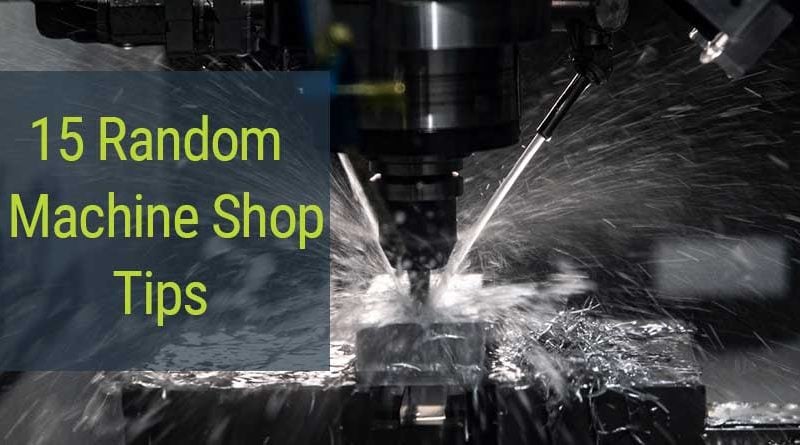- Use (but don’t overuse) McMaster-Carr
McMaster-Carr is great for finding a part, making small orders, and even grabbing CAD models or drawings for hardware. Keep in mind however it can get expensive – if you’re buying in volume, spend the time to source your parts directly for a lower price.
- Loctite makes more than just thread lockers!
From glues and epoxies to retaining compounds, Loctite probably has the solution for you. For example, Loctite 638 is designed to bond cylindrical fitting parts even with a 0.25mm (0.010”) gap!
- Tools you should keep in the shop:
If you haven’t already, go out and pick up a temperature gun, heat gun, RPM meter (tachometer), and multimeter. They are all relatively cheap, and we find they come in handy all the time!
- Drills don’t drill (perfectly) round holes
Drills are great at removing material. BUT, they don’t drill true round holes! If you need a round hole or have a critical diameter, use drilling to your advantage to remove material but finish the diameter with a reamer, boring bar, or even helical interpolation with a standard endmill.
- Need to cut a screw or bolt down?
Cutting or trimming a threaded fastener often leaves a burr that renders that thread unusable. If you find yourself in this situation, thread a bolt on to the fastener before you make the cut. Removing this nut after the cut is made will often also remove the burr.
- Don’t move sheet metal with your hands!
Whenever you need to move or pick up sheet metal, always use vise grips or C-clamps. This keeps your hands away from the sharp edges and eliminates the risk of the material slipping out of gloved hands and doing damage to you or someone else. (Bonus tip: always wear proper foot protection when dealing with sheet metal!)
- Belt sanders or belt grinders remove material much faster than a bench grinder
Bench grinders are great for finer grinding, but if you need to take away large amounts of material a belt sander is the way to go.
- Stay organized!
It’s much harder to finish a job when you can’t find the tools you need, so staying organized just makes sense. Everything should have its place (and go back in that place when you’re done). This doesn’t just apply to tools either! Emails, paperwork, customer dealings, the more organized you keep your shop the smoother everything will run – which all ties in to our next tip:
- The power of doing small things regularly
The blanket statement here is if it takes less than 5 minutes to do, get it done right away. Cleaning here and there, putting tools away, looking through your tool drawers, taking out the trash – these are all small things that make a world of difference, and don’t take much time unless you let them pile up.
- If you go to an auction, take a list
It’s easy to go to an auction and want to impulsively bid on everything. Make a list before you go, and only put on it what you need. This keeps you focused at the auction and can cut down on unnecessary spending.
- Keep duplicate tool sets in case of emergency
For example in our shop we keep a backup set of collets and twist drills. Both are brand new and hidden away in case of emergency. In the event one is used, it is replaced ASAP with a new tool so that we always have a full set in reserve.
- Roughing AND Finishing Endmill
We like to set up two identical tools: one used only for roughing, and one used only for finishing. In general, roughing wears tools more than a finishing operation – meaning using one tool for both can lead to premature replacement. This is because roughing can wear a tool to the point it no longer produces an appropriate surface finish, where the tool would be scrapped and swapped for fresh carbide. Often these tools still have life in them as roughing tools where surface finish is not critical, which is where keeping two identical tools set up comes in handy.
- Use screen recording software
Use screen recording software to your benefit! Software such as screencast-o-matic is a great way to communicate with customers. Leveraging the ability to communicate with customers through both visuals and a voice explanation is an excellent way to get your point across and connect with customers.
- Leverage social media
Social media and other online networks are full of potential! There is a wealth of great knowledge, help, information, and people in places like Instagram, Facebook, Fusion 360 forums, and more!
- Keep a hack saw around the shop
It may seem silly when you have a bandsaw, circular saw, and other cutting tools in the shop – but we find that all too often there’s one part that we can’t get to with our bandsaw. You may not use it all the time, but having a small blade to saw in hard to reach places will surely come in handy.
Written By: John Saunders of NYC CNC


